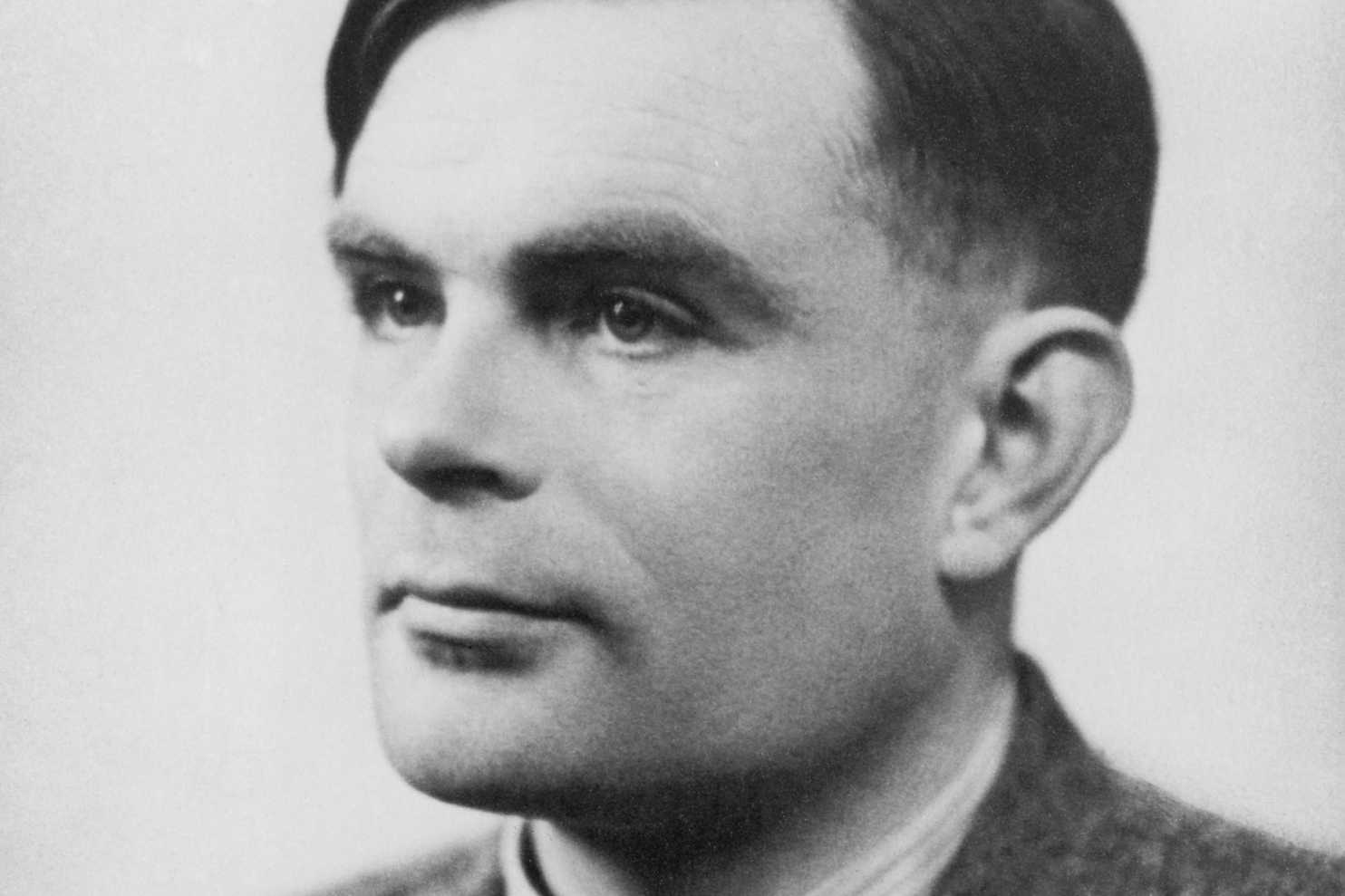By all accounts, Alan Turing was a genius. At age 15, he wrote an abridged version of Einstein’s theory of relativity for his mother. By 22, he was cracking long-unsolved conundrums that had vexed Europe’s most cunning mathematicians. By the onset of World War II, he’d become the British military’s most brilliant code breaker. He is credited with deciphering the Nazis’ “Enigma” code, which they used to communicate war plans in secret. Historians say that breakthrough shortened the war by two years at the very least. Without Turing, the war may not have played out as it did. Millions more people could have died.
But as soon as the British police found out Turing was gay, they stripped him of his security clearance. Such “gross indecency” was against the law in Britain in 1952. It came with jail time. Because he was doing such important work — developing computer prototypes — Turing was offered an alternative to jail. He could take estrogen injections that would supposedly eliminate his perversion. Two years later, he ate an apple laced with cyanide.
Homosexuality wasn’t decriminalized in England and Wales until 1967, with Scotland and Northern Ireland following more than a decade later. Tens of thousands of gay and bisexual men were convicted of “gross indecency.” On Wednesday, the British government announced that it would posthumously pardon those who had been convicted but had died since. Dubbing it the “Alan Turing law,” the pardons would be achieved through an amendment to a bill that originally criminalized homosexuality. Government officials also encouraged those convicted who are still alive to come forward and have their charges deleted.
read more at washingtonpost.com





